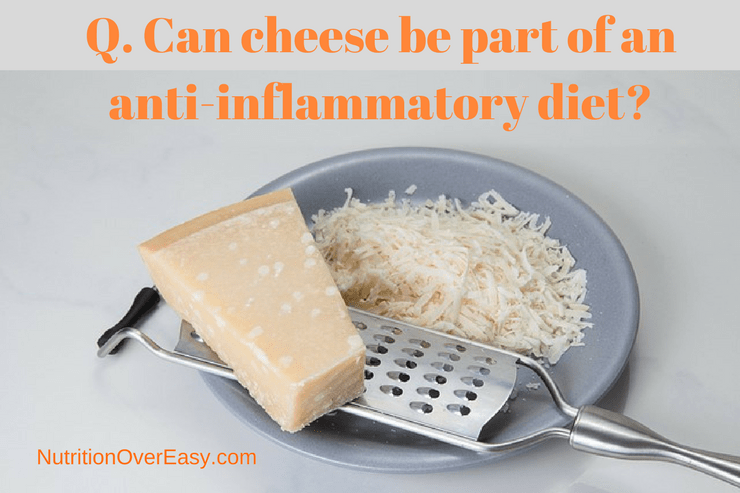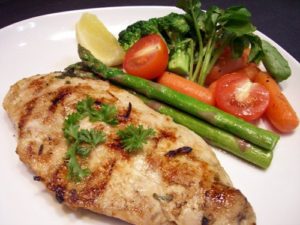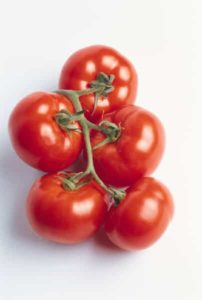
Q. “My physical therapist suggested I go on an anti-inflammatory diet to help with joint pain. From what I can find on the Internet, this is a diet that limits saturated fat and simple carbohydrates (white flour, sugars) and concentrates on fruits, veggies, fish, olive oil and whole grains. Is there evidence that an anti-inflammatory diet can help with pain?” Continue reading “Can an anti-inflammatory diet ease aches and pains?”







 Q. What’s the deal with nightshades? Why are they supposedly bad? I love eggplants and tomatoes but wonder if I should limit my consumption of this group of foods.
Q. What’s the deal with nightshades? Why are they supposedly bad? I love eggplants and tomatoes but wonder if I should limit my consumption of this group of foods. You’ll find lots of articles in the popular press about the value of anti-inflammatory diets. But many of them perpetuate certain myths about food and inflammation–in particular, that red meat is inflammatory and chicken is anti-inflammatory. I think that’s because many people simply assume that all the foods that we’re used to thinking of as “healthy” are anti-inflammatory and foods that we have been trained to view as “unhealthy” are inflammatory. In reality, the research on foods and inflammation challenges some of these assumptions.
You’ll find lots of articles in the popular press about the value of anti-inflammatory diets. But many of them perpetuate certain myths about food and inflammation–in particular, that red meat is inflammatory and chicken is anti-inflammatory. I think that’s because many people simply assume that all the foods that we’re used to thinking of as “healthy” are anti-inflammatory and foods that we have been trained to view as “unhealthy” are inflammatory. In reality, the research on foods and inflammation challenges some of these assumptions.